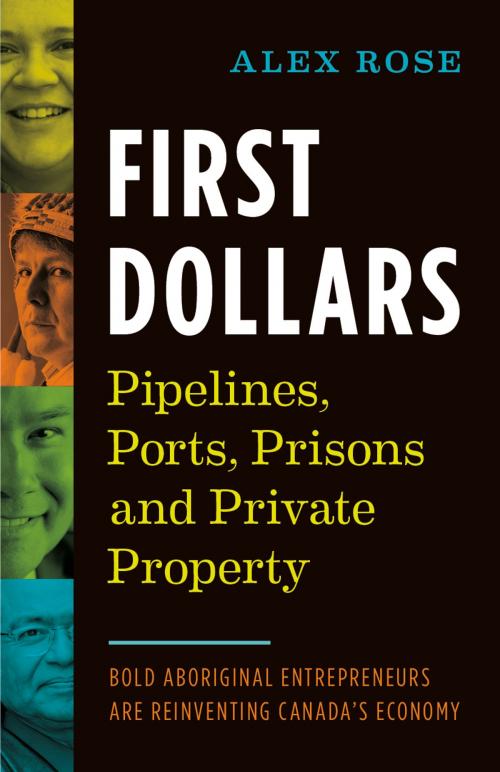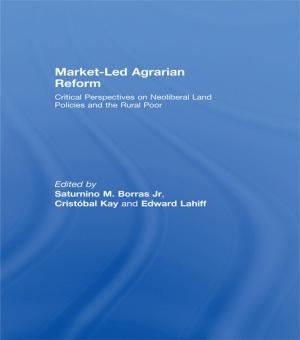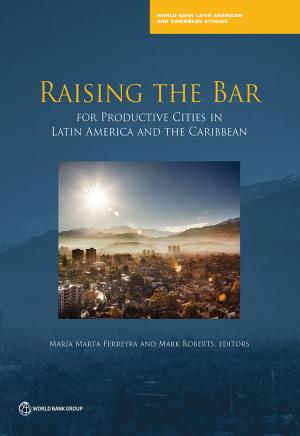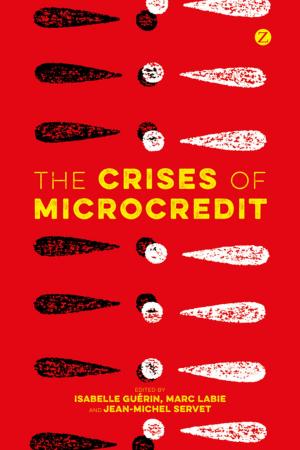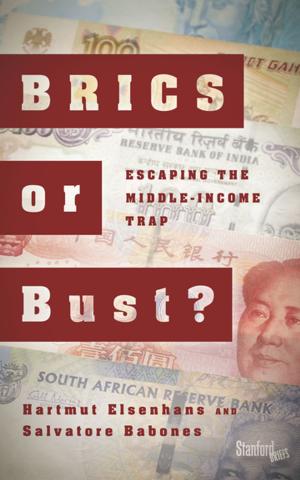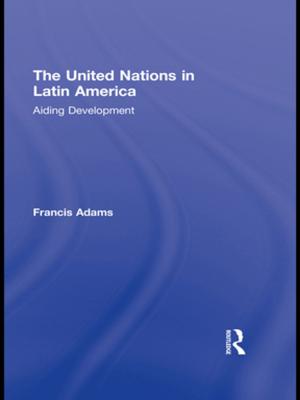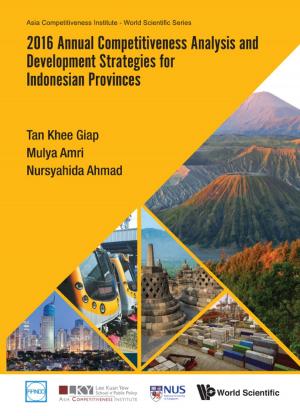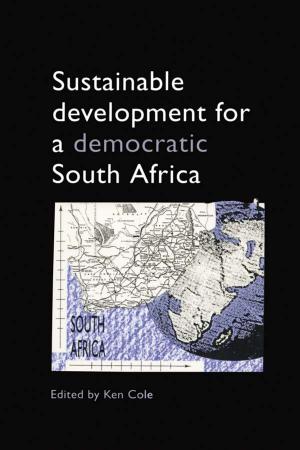First Dollars
Pipelines, Ports, Prisons and Private Property
Nonfiction, Social & Cultural Studies, Current Events, Political Science, Government, Local Government, Business & Finance, Economics, Economic Development| Author: | Alex Rose | ISBN: | 1230000227150 |
| Publisher: | Walhachin Press | Publication: | March 20, 2014 |
| Imprint: | Language: | English |
| Author: | Alex Rose |
| ISBN: | 1230000227150 |
| Publisher: | Walhachin Press |
| Publication: | March 20, 2014 |
| Imprint: | |
| Language: | English |
MAKING MILLIONS — BOLD ABORIGINAL ENTREPRENEURS — KIM BAIRD, CLARENCE LOUIE, TEWANEE JOSEPH, MANNY JULES — ARE REINVENTING CANADA’S ECONOMY
A growing number of aboriginal leaders – especially those blessed by geography – are unlocking the value of their lands in order to enter the economic mainstream,” says author Alex Rose in the eBook, First Dollars: Pipelines, Ports, Prisons and Private Property.
“New economic activities – LNG plants, mines, hydroelectricity, coal ports – represent a re-engagement with the modern world,” Rose writes.
The eBook, published by Walhachin Press and now available at Indigo, INSERT URL, delves into the psyche of some of those native leaders who are redefining what aboriginal life means in Canada. People like Clarence Louie of the Osoyoos Indian band, Kim Baird of the Tsawwassen First Nation, Tewanee Joseph and Manny Jules.
Chief Louie assumed control of his band in the 1980s after it had declared bankruptcy and been taken over by Indian Affairs. Today, thanks to a thriving winery among other endeavours, the band reported revenue of $26-million for the last fiscal year, which included a profit of $2.4-million. Work has begun on a 360-cell correction facility that will be built on Osoyoos land. The various initiatives have meant full-time employment for hundreds of band members.
Baird, meantime, negotiated the first urban treaty in B.C. in 2008, one that will unlock hundreds of millions of dollars in economic development potential. Tewanee Joseph is the charismatic spokesman for the Squamish First Nation of North Vancouver, a group that has parlayed valuable real-estate holdings into development riches.
The eBook also investigates aboriginal response to economic and employment opportunities to come from LNG and other energy proposals in the Pacific Northwest. Rose claims the region has become a “living lab” where aboriginals and non-aboriginals both stand to benefit from energy projects.
Rose calls them visionaries — pragmatic chiefs forging deals to free their people from the grim fate that has defined aboriginal life in this country for 150 years. This new cohort of leaders has come to realize that the dire and unpleasant conditions on their reserves are no longer an unalterable precondition of living within the confines of the Indian Act.
“No one denies the devastating effect that the twin bulldozers of colonialism and residential schools have had,” says Rose. “But to a person, these new entrepreneurs reject the politics of victimization. They reject the hated obsequies of going hat in hand to bureaucrats in high-rise towers at Indian Affairs.”
Alex Rose was a regular contributor to BCBusiness magazine for 20 years. But he had a divided career. As a consultant, he also provided media relations to the Nisga’a and Tsawwassen First Nations as they struggled to sign their historic treaties. He was hired to explain the deals to the non-aboriginal people of the province. Despite becoming hot-button debates that divided the province, both were successfully ratified. Rose was one of the few non-aboriginals hired by the Four Host First Nations during the 2010 Vancouver Olympic Games. He has written three books about aboriginal issues and won the Roderick Haig-Brown book award for Nisga’a: People of the Nass River.
MAKING MILLIONS — BOLD ABORIGINAL ENTREPRENEURS — KIM BAIRD, CLARENCE LOUIE, TEWANEE JOSEPH, MANNY JULES — ARE REINVENTING CANADA’S ECONOMY
A growing number of aboriginal leaders – especially those blessed by geography – are unlocking the value of their lands in order to enter the economic mainstream,” says author Alex Rose in the eBook, First Dollars: Pipelines, Ports, Prisons and Private Property.
“New economic activities – LNG plants, mines, hydroelectricity, coal ports – represent a re-engagement with the modern world,” Rose writes.
The eBook, published by Walhachin Press and now available at Indigo, INSERT URL, delves into the psyche of some of those native leaders who are redefining what aboriginal life means in Canada. People like Clarence Louie of the Osoyoos Indian band, Kim Baird of the Tsawwassen First Nation, Tewanee Joseph and Manny Jules.
Chief Louie assumed control of his band in the 1980s after it had declared bankruptcy and been taken over by Indian Affairs. Today, thanks to a thriving winery among other endeavours, the band reported revenue of $26-million for the last fiscal year, which included a profit of $2.4-million. Work has begun on a 360-cell correction facility that will be built on Osoyoos land. The various initiatives have meant full-time employment for hundreds of band members.
Baird, meantime, negotiated the first urban treaty in B.C. in 2008, one that will unlock hundreds of millions of dollars in economic development potential. Tewanee Joseph is the charismatic spokesman for the Squamish First Nation of North Vancouver, a group that has parlayed valuable real-estate holdings into development riches.
The eBook also investigates aboriginal response to economic and employment opportunities to come from LNG and other energy proposals in the Pacific Northwest. Rose claims the region has become a “living lab” where aboriginals and non-aboriginals both stand to benefit from energy projects.
Rose calls them visionaries — pragmatic chiefs forging deals to free their people from the grim fate that has defined aboriginal life in this country for 150 years. This new cohort of leaders has come to realize that the dire and unpleasant conditions on their reserves are no longer an unalterable precondition of living within the confines of the Indian Act.
“No one denies the devastating effect that the twin bulldozers of colonialism and residential schools have had,” says Rose. “But to a person, these new entrepreneurs reject the politics of victimization. They reject the hated obsequies of going hat in hand to bureaucrats in high-rise towers at Indian Affairs.”
Alex Rose was a regular contributor to BCBusiness magazine for 20 years. But he had a divided career. As a consultant, he also provided media relations to the Nisga’a and Tsawwassen First Nations as they struggled to sign their historic treaties. He was hired to explain the deals to the non-aboriginal people of the province. Despite becoming hot-button debates that divided the province, both were successfully ratified. Rose was one of the few non-aboriginals hired by the Four Host First Nations during the 2010 Vancouver Olympic Games. He has written three books about aboriginal issues and won the Roderick Haig-Brown book award for Nisga’a: People of the Nass River.
